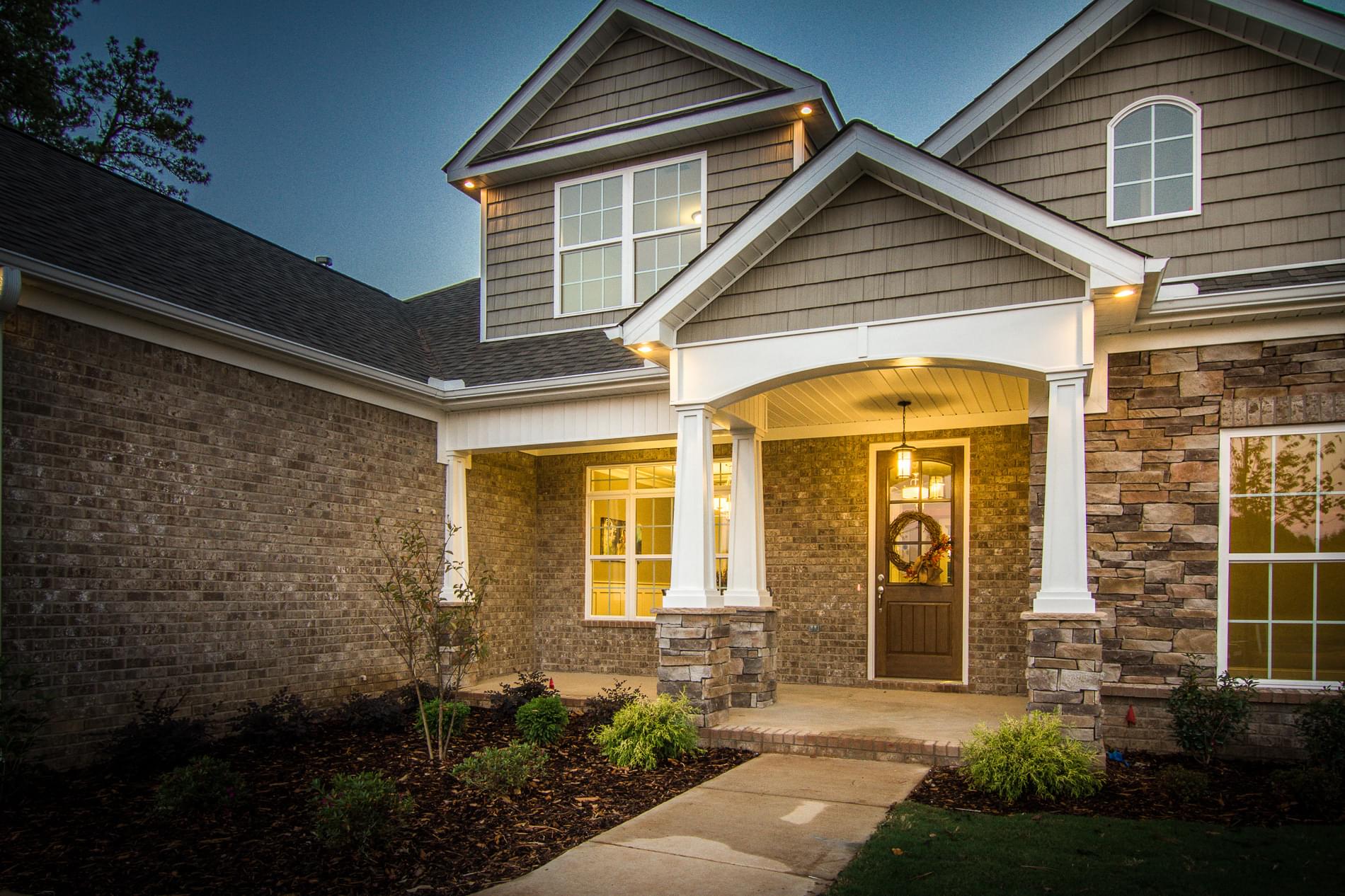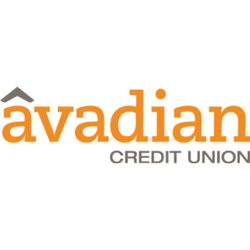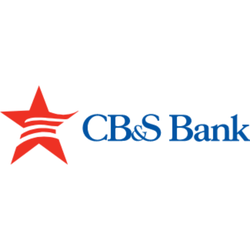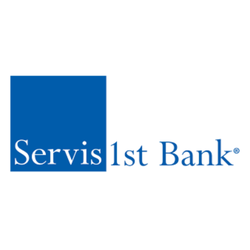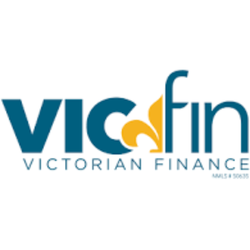Purchasing a home is an exciting and fulfilling experience, but it can also be overwhelming, especially when navigating the taxes and fees associated with home buying in Alabama. Whether you're just starting your home search or are about to sign a contract, understanding the various expenses involved can help you make informed decisions and avoid unpleasant surprises. This article will provide a concise overview of Alabama's home-buying taxes and fees to simplify your search and help you make a confident decision.
Understanding Mortgage Payments
Your mortgage will comprise four components: Principle, Interest, Property Tax, and Homeowners Insurance. Let’s break each of these down:
It’s the Principal of the matter!
The largest portion of your mortgage payment goes toward your principal, especially in the second half of the life of the loan. Your principal effectively defines how much home you can afford. The principal is the amount of money borrowed from the bank to purchase your home. This is (the price of the home) - (your down payment).
For example, if you purchase a $500,000 home and put down a 10% down payment, you’ll pay $50,000 at closing and take out a loan for $450,000.
Interested in Interest?
Interest is the amount of money the buyer pays the mortgage lender in exchange for giving you a loan.
Determining your interest rate is dependent on these four factors:
- Your credit score
- Your income
- How much you put as a down payment
With higher interest rates, our preferred lenders offer several products to help you get into a new home. ServisFirst has a Professional Program which offers special rates for doctors, engineers, vets, etc. Avadian offers great ARM programs, which offer a locked-in reduced interest rate for a set amount of time and can be refinanced to a lower fixed rate later. Several lenders offer a 2-1 Interest Rate Buydown as well. This is why it’s important to contact several lenders and see what product fits your needs best.
What’s the Deal with Property Taxes?
Paid on October 1st of each year, property taxes are an important source of revenue for local governments, public services, and education. Alabama boasts some of the lowest property taxes in the country, averaging $674/year versus the national average of $2,795!
You can learn more about Property Taxes and even estimate your property taxes using this calculator at SmartAsset.com (LINK)
Protecting Your Home: Homeowners Insurance
When searching for a new home, homeowners insurance is important for you and your mortgage lender. The bank you are taking your loan from owns your home; they understandably want it protected in case of a disaster - fire, weather, bankruptcy, etc. At the start of 2023, BankRate released its top picks for Homeowners Insurance companies. We suggest you look at some of these, along with any your Lender may supply: (LINK)
Here’s a resource from Steven Allen at VicFin for if someone is looking to calculate the estimated sum of the total costs to close a loan.
Loan Amounts up to 300k x 2.5% Example: (300k x 2.5% = $7,500.00)
Loan Amounts over 300k x 2% Example: (500k x 2% = $10,00.00)
Want a breakdown of where your money is going? Here’s a quick guide to calculating an estimate for your mortgage:
Mortgage Calculator: (LINK)
Madison City also has a specific tax estimator! (LINK)
Let’s talk about it: Transfer Taxes
One of our Preferred Lenders, Cindy LeBlanc, described the purpose of transfer taxes as “...a tax collected to complete the transfer of property from [the] previous owner to [the] new owner.”
A perk of working with a preferred lender is that the transfer taxes can be a part of a negotiated seller-paid closing. Use negotiating to your advantage. The worst they can say is no, so go for it!
How much will your transfer taxes be? Jamie Ayers, with Clever, created an easy way to calculate an estimate of your transfer taxes:
No Mortgage: 0.1% of the purchase price of the home.
Example: $500,000 home = $500 in Taxes
With a Mortgage: You’ll have an additional fee totaling .25% of the home's total price.
Example: $500,000 home = $1,250 in Taxes
See this blog post by Ayers for more detailed information: (LINK)
A Fee’s a Fee: Lender Fees
When purchasing a home, there are typically three types of fees involved:
- Lender fees cover the cost of processing and underwriting the loan and may include points associated with your interest rate. “Often, lenders will have a set fee that they charge for each loan,” Steve Allen, one of our preferred lenders, said. These are categorized as Processing & Underwriting fees. These can include origination, processing, credit report, flood report, and underwriting fees.
- Third-party fees encompass expenses for services provided by outside entities, such as the appraisal fee, mortgage insurance fee, and closing fees charged by attorneys and title companies. This section often has the highest fees associated with closing costs.
- The final category of fees is other costs, including recording fees, transfer taxes, prepaid, and escrows. Escrows are “savings accounts” that usually require an initial payment to establish the account, which includes the first year of insurance premiums and necessary property tax payments. You put an opening balance of about 3 months of taxes and insurance, and then with each payment, you add a month of each. After a year, you have “saved” up your next installment of annual payments. Always talk to your existing auto agent, as most policies are discounted when bundled with other types, such as auto and life.
Two Sides to Every Story: Private Mortgage Insurance
When specifying your downpayment amount, a Private Mortgage always comes up, usually in a negative context. That’s because if you put down LESS than 20% of your loan amount at closing, you must sign up for Private Mortgage insurance.
The question is asked, “Why am I being punished for being unable to put down 20% as a down payment?” This is the wrong way to look at it. While you will be paying more towards your mortgage until you reach that 20% threshold, you wouldn’t be able to close on your dream home without it.
PMI is used to protect the lender in the event that the homeowner defaults on the loan. As a homebuyer, it is a huge benefit because it allows you to afford the home without putting down 20%.
Here’s a short guide from BankRate for Private Mortgage Insurance: (LINK)
Are you ready to speak to a Loan Expert? We have our list of preferred lenders we know and trust to serve you the best they can!
To gain an even deeper understanding of homebuying and loans, our preferred lender, Cindy LeBlanc, recommends taking an online homebuyer education course. This comprehensive course costs $75 and can be completed within two hours. (LINK)
